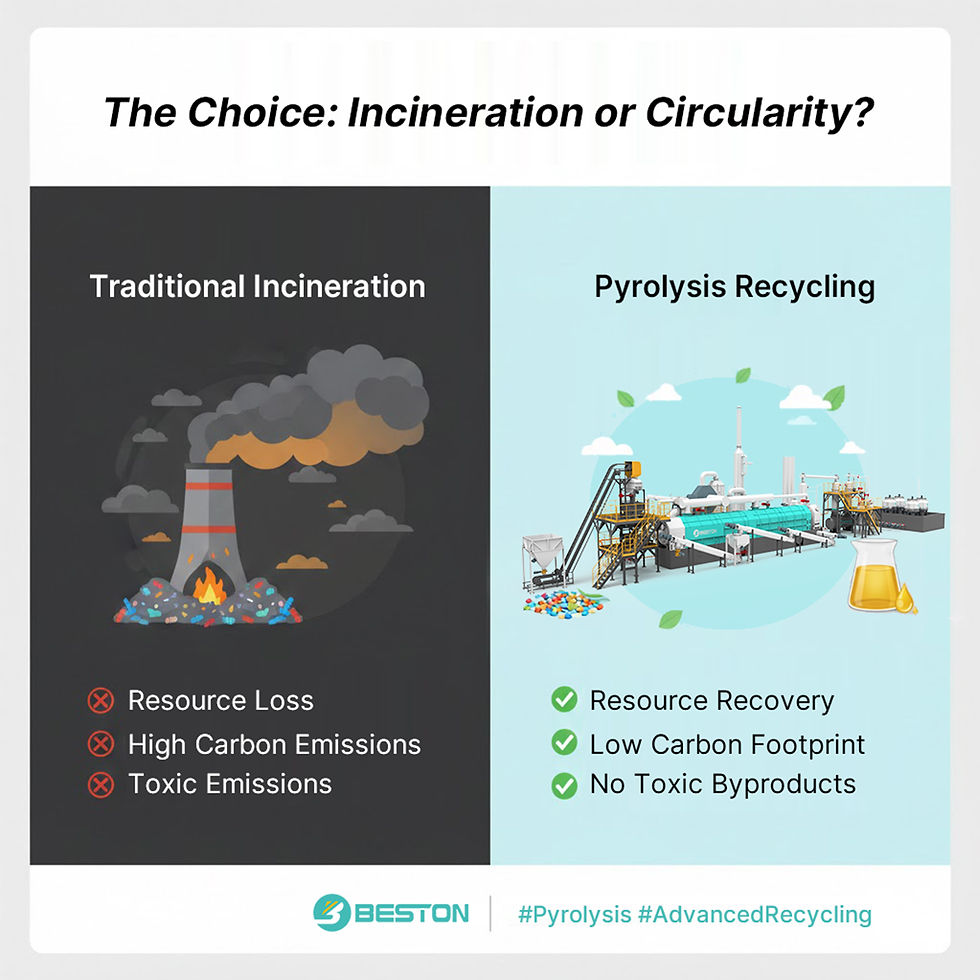Enigmatic World of Biochar: Unveiling Industry Standards
- lee784287
- 2024年5月31日
- 讀畢需時 2 分鐘
Biochar, derived from biomass through a process known as pyrolysis, embodies the essence of carbon sequestration and soil enhancement. Its porous structure, enriched with essential nutrients, serves as a sanctuary for microbial life, fostering soil fertility and resilience.
Navigating the Maze of Standards
In the labyrinthine world of biochar, navigating through the myriad of standards can be a daunting task. However, several key parameters serve as guiding principles for quality assessment and certification.
Moisture Content
One of the fundamental metrics in biochar characterization is moisture content, delineating the degree of dehydration post-pyrolysis. Optimal moisture levels ensure stability and prevent microbial degradation, thereby enhancing biochar longevity and efficacy.
pH Level
The pH level of biochar plays a pivotal role in its applicability across diverse soil types. Ideally, biochar should exhibit neutral to slightly alkaline pH, facilitating optimal nutrient availability and pH buffering capacity.
Surface Area
The surface area of biochar from biochar reactor, often quantified through specific surface area analysis, dictates its adsorption capacity and nutrient retention efficacy. Greater surface area translates to enhanced soil-water retention and nutrient exchange dynamics.
Carbon Content
Carbon content serves as a hallmark of biochar quality, reflecting the extent of carbon sequestration potential. High carbon content not only mitigates greenhouse gas emissions but also augments soil carbon stocks, contributing to climate change mitigation efforts.
Contaminant Levels
Ensuring minimal levels of contaminants, such as heavy metals and polycyclic aromatic hydrocarbons (PAHs), is imperative for biochar safety and environmental compatibility. Rigorous testing protocols ascertain compliance with regulatory thresholds, safeguarding ecosystem integrity.

Embracing Certification Frameworks
In the pursuit of standardization, biochar certification frameworks emerge as indispensable tools for quality assurance and market credibility. Notable initiatives such as the International Biochar Initiative (IBI) and European Biochar Certificate (EBC) delineate stringent criteria for biochar production, encompassing aspects ranging from feedstock selection to pyrolysis conditions.
International Biochar Initiative (IBI)
The IBI certification program embodies a holistic approach to biochar assessment, encompassing parameters such as feedstock origin, production methods, and end-user applications. By adhering to IBI guidelines, biochar producers demonstrate commitment to excellence and environmental stewardship.
European Biochar Certificate (EBC)
The EBC certification scheme, tailored to the European context, emphasizes traceability and transparency throughout the biochar supply chain. From raw material sourcing to post-production analysis, EBC-certified biochar undergoes rigorous scrutiny, ensuring compliance with stringent quality standards.
Pioneering Innovations
Amidst the ever-evolving biochar landscape, pioneering innovations continue to redefine industry benchmarks. From tailored biochar formulations for specialized applications to novel production techniques enhancing efficiency and scalability, innovation remains the cornerstone of progress in biochar standardization.



留言